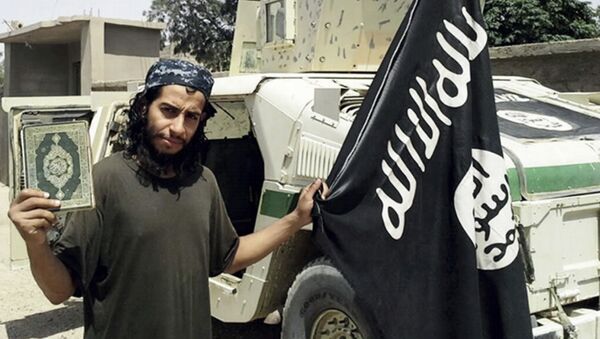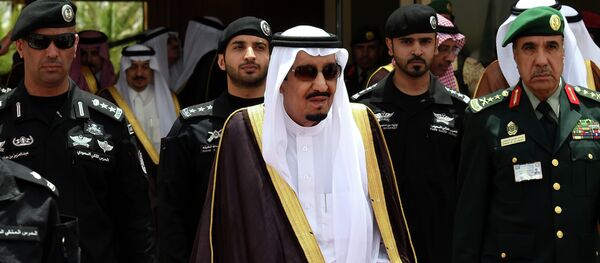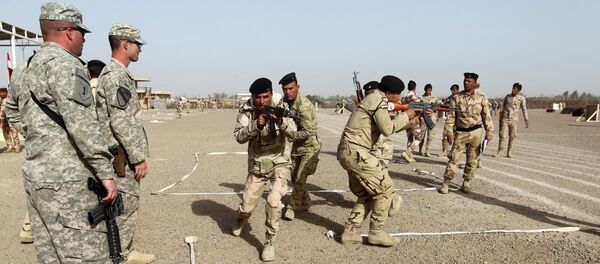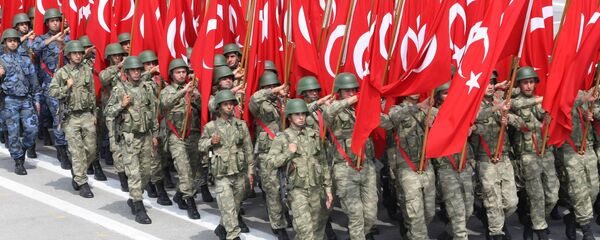Back in the 1970s it was US President Carter's National Security Advisor Zbigniew Brzezinski who began to use Islamic fundamentalism as a political tool in the very volatile regions of Central Asia and the Middle East, according to Iman Safi, a Lebanese political scientist, who has had an extensive and personal experience of civil war and currently lives in Australia.
"[Zbigniew] Brzezinski, [Ronald] Reagan and [George W.]Bush were the fools who stirred the hornets' nest, probably not knowing, more accurately perhaps not caring what the final outcome was going to be. In saying this, we must open up our eyes and see that America has not yet learnt from its previous mistakes, and even now, it still believes that it can use Daesh [IS/ISIL] if Daesh fights Assad, without giving much thought at all at the fact that even if Daesh helps the US get rid of Assad, then the US will find itself having to contend with an Islamic state and a center of exporting global terror," Safi told Sputnik commenting on the US-led coalition's maneuvers in the Middle East.
"Once religion became an agenda item, fundamentalists were able to capitalize on ancient issues, biased interpretations, dormant grudges and unsettled scores, and those passions grew, and grew and grew, and recruited thousands upon thousands of well-intentioned-yet-deluded youth along the way," he noted.
Remarkably, a de-classified US Defense Intelligence Agency's document shows clearly that in 2012, almost two years before the dramatic rise of Daesh, American officials and strategists knew exactly who was the major driving force of the Syrian insurgency. And it was not a so-called "moderate opposition" but the Salafists, the Muslim Brotherhood and AQI (al-Qaeda in Iraq also known as ISIL/Daesh). Furthermore, the document says that AQI was assisting the Syrian opposition "since the very beginning, both ideologically and through media."
But that is not all. After shedding light on the fact that the Syrian opposition was supported by "Western countries, the Gulf States and Turkey" the document continues:
"If the situation unravels there is the possibility of establishing a declared or undeclared Salafist Principality in Eastern Syria (Hasaka and Der Zor), and this is exactly what the supporting powers to the opposition want, in order to isolate the Syrian regime…"
"If the West is trying to redraw the map of the Middle East by creating a state for Daesh ["Salafist Principality"], I cannot see how this can serve Western long-term interests," the Lebanese political scientist underscored.
But what is Daesh and does it deserve the name "Islamic State"?
"There is Daesh the organization and Daesh the ideology. The ideology stems from fundamentalist Islamic interpretations, or should one say misinterpretations, of the Holy Quran. It is this same ideology that feeds all fundamentalist Islamic organizations; not only Daesh. Daesh therefore is one of those organizations, and to defeat it militarily does not mean that it cannot resurface again, in another name, for as long as the ideology that created it is still in existence," Safi told Sputnik.
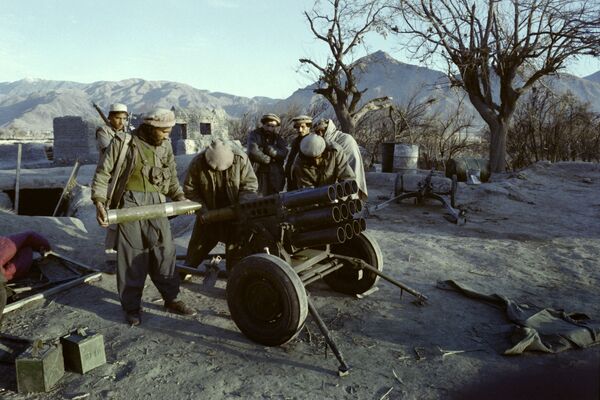
Then the question arises what is the role of Turkey in the ongoing conflict. The shooting down of the Su-24, the incursion into Iraq and the embarrassing role of the Turkish leader in the oil smuggling business have prompted a heated debate regarding Recep Erdogan's purported backers. He could not act alone and his irrational political moves could have been supported by major Western powers and NATO, some experts say.
"I believe Erdogan is acting alone," Safi underscored.
The Lebanese political scientist recalled that "Turkish incursions into Iraq are not new."
"They used to happen even during the days of Saddam's might. Historically, Turks have always made those incursions targeting specific Kurdish areas and redrawing when the mission was accomplished," Safi elaborated.
Given the fact that the Middle Eastern region is a "volatile" one, what is the remedy for the current crisis?
Responding to the question Safi noted laconically: "[The remedy is] states in which all citizens are equal before the law of the land."
"Despite the Arab-Israeli conflict, the Levant lived in peace within itself for quite some time; albeit a precarious and unstable peace. History clearly proves that Muslims, Christians, and Jews, alongside members of other minority religions and sects have lived together at an acceptable level of peace for centuries," Safi emphasized.
The pivotal point, at which events went wrong, culminating into the situation the world is suffering now, was the decision of Washington's geostrategists to use religion as a tool in Afghanistan of the late 1970s, according to Safi.
"Islam is a great religion of peace, but its spokespersons are either fanatic zealots or leaders who do not know what their religion is all about. They are the opposite side of the same coin that portrays Islam as a religion of violence," the Lebanese political scientist remarked with a touch of bitterness.
